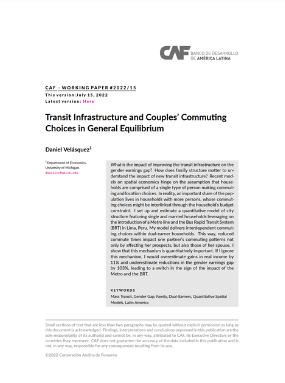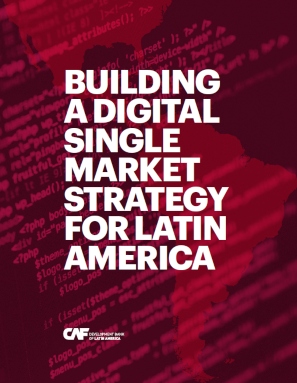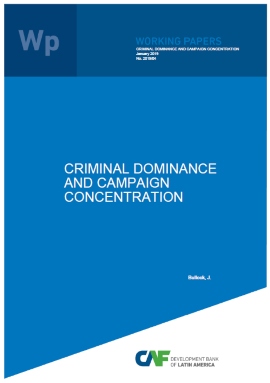Mostrar el registro sencillo del ítem
The Effect of Split-Ticket Voting Cost on Electoral Enfranchisement
| dc.contributor.author | Villegas-Bauer, Germán | |
| dc.contributor.author | Juncosa, Federico | |
| dc.coverage.spatial | Argentina | es_ES |
| dc.date.accessioned | 2022-12-29T20:09:17Z | |
| dc.date.available | 2022-12-29T20:09:17Z | |
| dc.date.issued | 2022-12 | |
| dc.identifier.citation | Villegas-Bauer, G., & Juncosa, F. (2022, December). The Effect of Split-Ticket Voting Cost on Electoral Enfranchisement. Retrieved from https://scioteca.caf.com/handle/123456789/1991 | en_GB |
| dc.identifier.uri | https://scioteca.caf.com/handle/123456789/1991 | |
| dc.description.tableofcontents | The features of electoral systems can affect electoral outcomes even for fixed societal preferences. We analyze a quasi-experiment around a staggered change from a paper ballot to an electronic ballot system, which reduces the cost of split-ticket voting. A high cost to split the ticket favors straight-ticket voting, i.e., choosing the same party in all electoral races. If voters care the most about a single-seat race and if they are voting straighttickets, then the single-seat race drives the decision about which party to vote on all races. Therefore, strategic voting considerations on the single-seat race have spillovers to other races, negatively affecting small parties even in races with a proportional representation system. We show how the reduction in the cost to split the ticket increases the number of split-ticket votes and improves the performance of small parties in multiple-seat races. This results in higher political competition. | es_ES |
| dc.language.iso | en_US | es_ES |
| dc.subject | Ciencia y tecnología | es_ES |
| dc.subject | Democracia | es_ES |
| dc.subject | Desarrollo institucional | es_ES |
| dc.subject | Logística | es_ES |
| dc.subject | Tecnologías de la información y comunicación (TIC) | es_ES |
| dc.title | The Effect of Split-Ticket Voting Cost on Electoral Enfranchisement | es_ES |
| dc.type | workingPaper | es_ES |
Ficheros en el ítem
Este ítem aparece en la(s) siguiente(s) colección(ones)
-
6.1 Documentos de trabajo en investigación socioeconómica
En esta colección se encuentran los documentos de trabajo sobre temas económicos y sociales prioritarios para la región.




